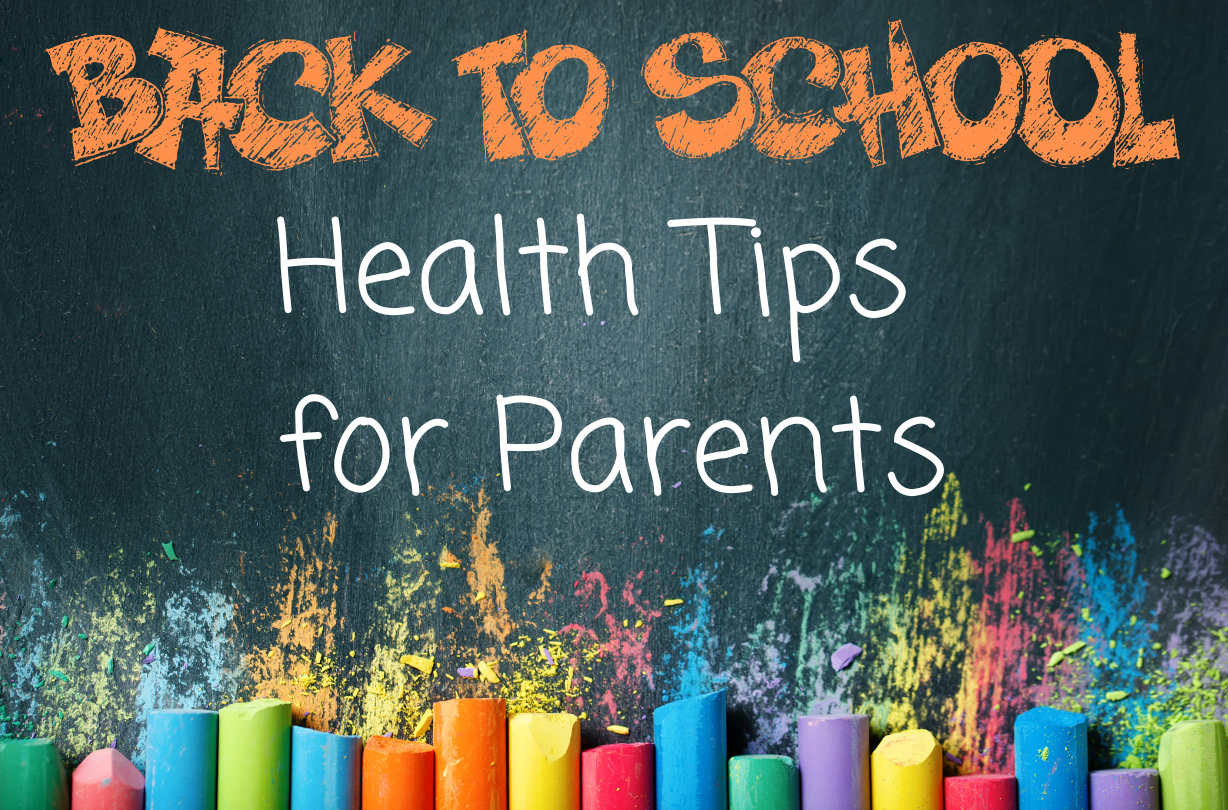The new school year is just around the corner. Back to school can place pressure on children and parents; follow these back-to-school health tips from Johns Hopkins Medicine to help you and your children have a successful year:
- Focus on your child’s nutrition: 17% of youth aged two to 19 in the United States are obese and 40% of total daily calories for two to 18 year olds are empty calories from added sugars and solid fats
- Continue introducing new foods
- Be a role model for a healthy diet
- Don’t use food as a reward
- Know the risks your school-aged child may face
- Head lice: the most common way to get head lice is by head-to-head contact that often happens during play time, sport activities and sleepovers
- Scoliosis: watch for uneven shoulders or hips, and make sure your child gets regular scoliosis checkups. Early diagnosis is key
- Bullying: Only 17% of children seek help after being bullied. Don’t miss the early signs; changes in behavior, academic problems, anxiety, depression and self-harm
- Poor vision: squinting, tilting the head and holding handheld devices too closely are just some of the signs your child may have a vision problem
- Make sleep a priority
- Children (and adults) lose sleep due to overuse of digital devices
- Sleep is equally as important to diet and exercise
- Most healthy children need eight to 10 hours of sleep each night
- Be a partner in your child’s education, health and wellness
- Start the conversation by talking to teachers about your child’s likes and dislikes, strengths and struggles, preferred learning styles, and any other issues that may affect them at school
Sources:
Back-to-School Health: Tips for Parents Infographic | Johns Hopkins Medicine

